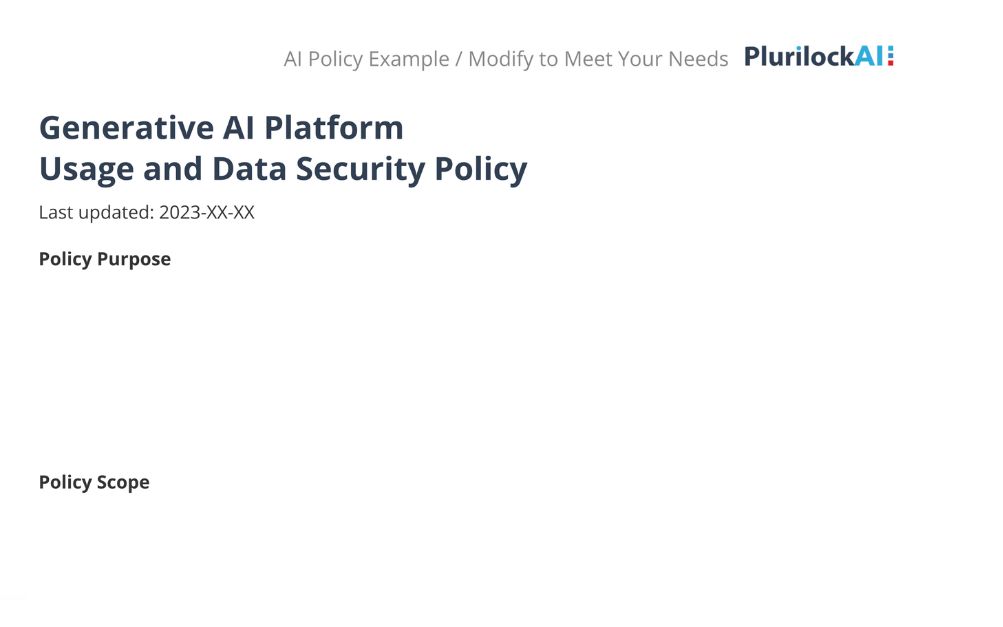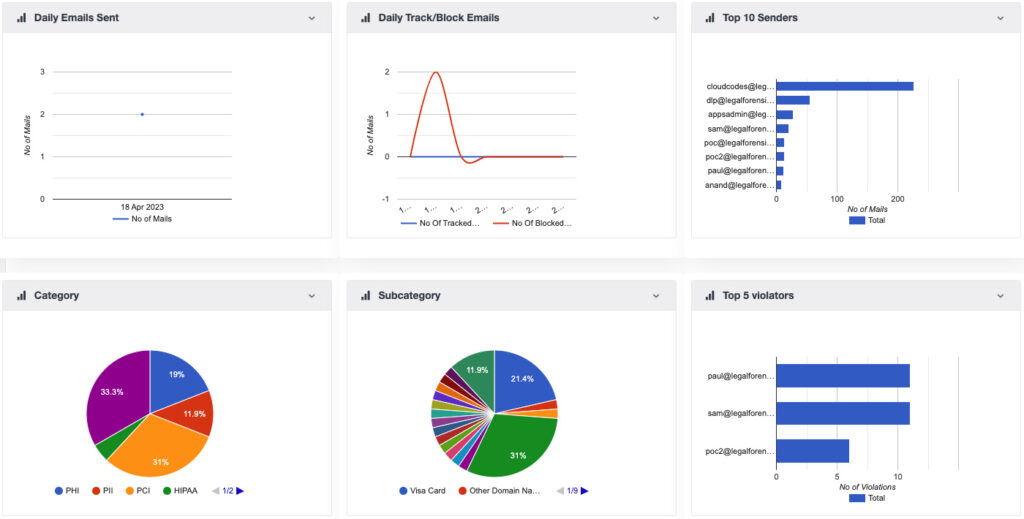In the dynamic realm of artificial intelligence (AI), organizations find themselves at a pivotal juncture, tasked with finding a way to balance innovation and accountability. AI’s transformative capabilities have become a cornerstone for businesses seeking enhanced efficiency, insights, and sustained growth. However, with the increased AI usage comes a responsibility—to ensure that the use of AI aligns with risk appetite, compliance requirements, and ethical principles. In practice, a large portion of this need comes down to safeguarding sensitive data.

The Era of Data Dilemmas
In an era where data is often heralded as the new oil, with regulations, risks, and concerns to match, the imperative to safeguard it against misuse, unauthorized access, or inadvertent exposure is more urgent than ever before.
Within this landscape, employees emerge as the front-line guardians of sensitive information. Beyond the acquisition of technical know-how, comprehensive training programs play a pivotal role in instilling an understanding of the potential ramifications of mishandling data. These initiatives transcend routine education, fostering a culture of awareness within the workforce that underscores the ethical considerations and legal obligations that apply to data privacy.
Crafting Policies for AI Governance
Beyond employee education, organizations are called upon to forge clear and comprehensive AI governance policies. These policies serve as navigational beacons, guiding employees through the deployment of AI technologies and establishing boundaries for handling sensitive data. The core components that should inform these policies are:
Defining Data Governance Principles
The bedrock of AI governance lies in the formulation of well-defined data governance principles. Organizations must meticulously outline what data is being held, and how that data is to be classified, stored, and processed. This entails specifying who may access to data, articulating the permissible purposes for data utilization, and operationalizing these decisions with robust security measures.
Access Controls and Monitoring
Integral to AI governance is the implementation of robust access controls. This foundational step involves limiting access to sensitive data to individuals with a legitimate need on a least-privilege basis, thereby diminishing the risk of unauthorized use or exposure—and ensuring that AI use requires prior approval and is limited in the same least-privilege way to employees that need it. Complementary to this is the establishment of monitoring and auditing systems and processes, providing a dynamic layer of security and transparency to track and detect inappropriate activity.
Data Care and/or Anonymization
Data transmitted to AI systems is simply no longer private. For this reason, it is important to erect guardrails around AI use. This should be done as a matter of governance and training—what data may be sent to AIs in prompts, and what data must never be sent to AI systems. If possible, it should also be done as a matter of implementation. A platform like Plurilock AI PromptGuard can help to ensure that prompts for AI remain in compliance with governance policies, and that prompt data includes sensitive data is either blocked or anonymized before it reaches AI systems.

Output Use Guidelines
Considering how AI output can or should be used—or how this use should be subject to limits or review—is imperative. This strategic integration ensures that the development and deployment of AI technologies align seamlessly with an organization’s core values. Responsible and ethical guidelines must address fundamental issues of fairness, transparency, accountability, and the responsible use of AI in decision-making processes.
Vendor Assessment
Given the reliance on third-party AI platforms or services, a meticulous assessment of vendors’ security measures and data protection practices is non-negotiable. This comprehensive evaluation extends the responsibility chain, ensuring that the AI tools employed adhere to the same high standards set by the organization.
Regular Audits and Assessments
AI governance policies, far from being static documents, necessitate continuous evolution alongside the dynamic landscape of AI technologies. Regular audits and assessments of what is being sent to AI, what AI is sending back, and how these results are being used are instrumental in identifying and addressing potential vulnerabilities, ensuring that the organization remains vigilant in its commitment to data security and ethical AI practices, as well as ensuring that AI results aren’t used where their use isn’t appropriate.
The Benefits of Robust AI Governance
The implementation of comprehensive AI governance policies transcends the realm of mere compliance; it serves as a strategic asset for organizations.
Risk Mitigation
By unequivocally defining how AI technologies should be used and data handled, organizations effectively mitigate the risks associated compliance failures, unexpected liabilities, reputation harm, and other unintended consequences. This clarity serves as a proactive shield against data breaches, unauthorized access, the misuse of sensitive information, or the misuse of AI-generated output.
Building Trust
Trust, a precious currency in the digital age, is closely intertwined with how organizations handle data. Robust AI governance policies become emblematic of a commitment to responsible practices. This commitment, once established enhances standing in the eyes of customers, partners, and other stakeholders—particularly in an age of growing concerns about AI.
Legal Compliance
In a global landscape where governments enact and fortify data protection laws, compliance is non-negotiable. AI governance policies function as bulwarks, ensuring organizations navigate these regulations adeptly, sidestepping legal complications and potential fines. This becomes particularly pertinent in industries where stringent data protection measures are mandated.
Reputation Management
In an era where news of data breaches spreads like wildfire, reputation management is a critical consideration. Organizations fortified with strong AI governance policies are better positioned to navigate potential crises arising from data-related incidents. Proactive measures and a commitment to responsible AI use can significantly mitigate reputational damage.
Innovation with Integrity
AI’s potential as a tool for innovation is profound, and organizations can harness this potential more effectively when operating within the bounds of ethical and responsible use. AI governance policies provide the necessary framework for innovation with integrity, ensuring that new ideas and technologies harmonize with the organization’s values and principles.

A Sample Governance Policy
To make the path to a sound AI governance policy clearer, Plurilock has developed a freely available and shareable sample governance policy for AI use. This resource is more than a mere template; it’s a shareable addition that can hold significant value for organizations that haven’t yet considered AI policy. Incorporate this sample policy into your employee handbook or company policy library, offering a tangible and accessible guide for employees navigating the responsible use of AI technologies.
The Path Forward
As organizations navigate the complex and evolving AI frontier, the imperative for AI governance policies becomes increasingly apparent. The responsible use of AI, particularly concerning sensitive data, mandates a proactive and strategic approach. From fostering employee education to crafting robust policies, each step contributes to the establishment of a secure and ethical AI ecosystem.
AI usage is becoming commonplace—meaning that the risks associated with AI use will only increase. As AI becomes woven into the fabric of everyday operations, the need for oversight and governance will continue to increase. The challenge lies not only in implementing policies that address current risks but in creating a framework that can adapt to the unforeseen challenges of tomorrow.
As organizations embark on this transformative journey, the compass should be guided by policies that not only keep pace with technological advancements but also support compliance, accountability, and security. The path to a successful AI future begins with governance, and it is a journey well worth taking. ■
















